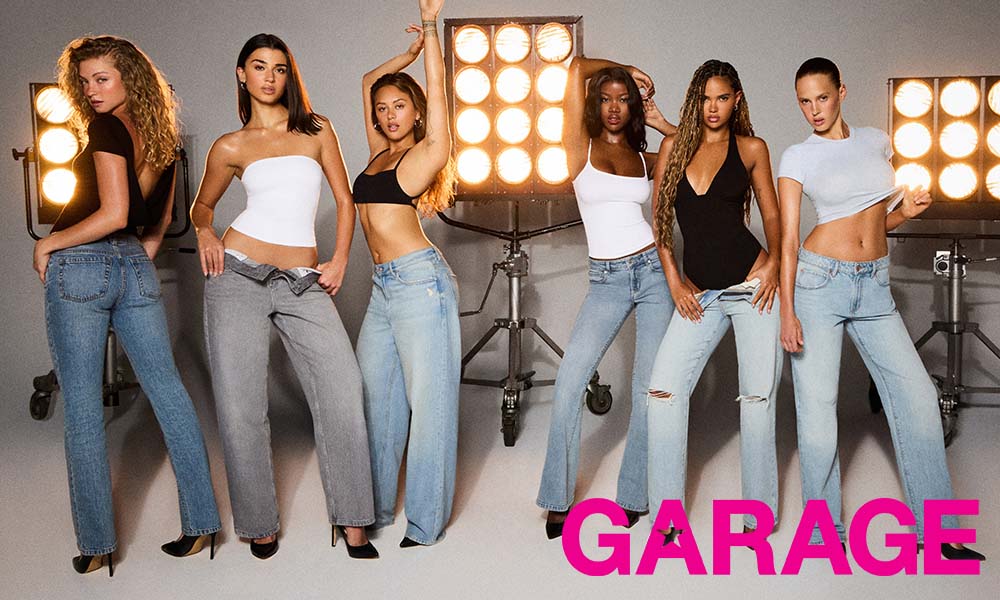Has Damiano David lost his edge? After the release of his latest album, “FUNNY little FEARS,” fans of the Italian rock band Måneskin fear that David has gone soft and forgotten his roots as a star of the new era of rock ‘n’ roll. The vocalist of a band that became a parody of itself by its sophomore album is facing new scrutiny for abandoning the genre that made him famous.

Courtesy of Sven Mandel
Måneskin finished runner-up on the Italian reality talent show X-Factor in 2017 by rocking and strip-teasing their way through a Struts song. They soon found international fame from their cover of The Four Seasons’ song, “Beggin’ .” However, it was not just the cover that caught the attention of early fans, but the musical style of the musicians covering it. Damiano David, accompanied by Victoria De Angelis, Thomas Raggi, and Ethan Torchio, took the stage clad in leather and heels reminiscent of 80s hair metal, and enough eyeliner to make Freddie Mercury blush. Rock fans rejoiced watching the band play live instruments. These same fans found hope in Måneskin’s album “Teatro d’ira ‘ Vol. I”, which featured hard rock songs in both English and Italian.

Courtesy of Sven Mandel
After winning another reality talent show, Eurovision, in 2021 with their song “Zitti E Buoni” , the band continued down the path of rock revival by opening for The Rolling Stones in Las Vegas and releasing a new version of their song “I Wanna Be Your Slave” with the late Ozzy Osbourne. Måneskin was a beacon of hope for rock fans who had accepted the reality that the genre was dying— until TikTok got a hold of their songs.
At the same time as Måneskin’s success in the rock world, their cover of “Beggin’” had made its way onto TikTok and went viral. The song became an international hit. At first, the viral song seemed to bring Måneskin a wider fan base and free publicity. Concerts and merch sold out, streaming exploded on various music platforms, and the band was getting invited to play on popular late-night shows. For months, it was nearly impossible to open TikTok and not hear snippets of “Beggin’” until the trend died.

Courtesy of Mr. Rossi
By the time the trend was over, Måneskin was left with a predominantly teenage girl fanbase, which is arguably necessary for the survival of any rock band. The Beatles got their start from a teenage girl fanbase! However, after getting a taste of social media fame, Måneskin abandoned its hardcore roots for music that could go viral on TikTok again. They never grew a fanbase outside of the teenage demographic, which is crucial to the longevity of any band. All new music had to be palatable for TikTok. While it takes most bands decades to truly “sell out,” fans perceived Måneskin as selling out within months of mainstream fame. They never grabbed the attention of a fanbase more permanent than the affection of teenage girls.

Courtesy of Sven Mandel
The TikTok Downfall
Today, God’s gift to preteens, as David Damiano should be more affectionately known, has transformed his look over his latest two albums into what can only be described as a Harry Styles wannabe. He has seemingly left Måneskin in favour of a solo career and has faced backlash over his new aesthetic. It is not just that his new music and aesthetic are not authentic, but that fans feel abandoned and disappointed by the shift away from rock. There is a feeling of betrayal as rock has been abandoned yet again in favour of mainstream success. While growth is natural for any artist, David has changed his aesthetic far too many times in the last few years to know if it is really a creative journey or just some passing craze meant to catch attention on social media.
Måneskin is one of the first bands to face this modern challenge: surviving in the world of social media. While some bands, like Greta Van Fleet, have had no issue maintaining authenticity,Måneskin and David got caught up in trying to stay viral instead of staying themselves. However, in the modern world where social media reigns as judge, jury, and executioner for all new up-and-coming artists, we must ask ourselves if it is still possible for musicians to maintain authenticity or if they must sell out to fit mainstream standards.








